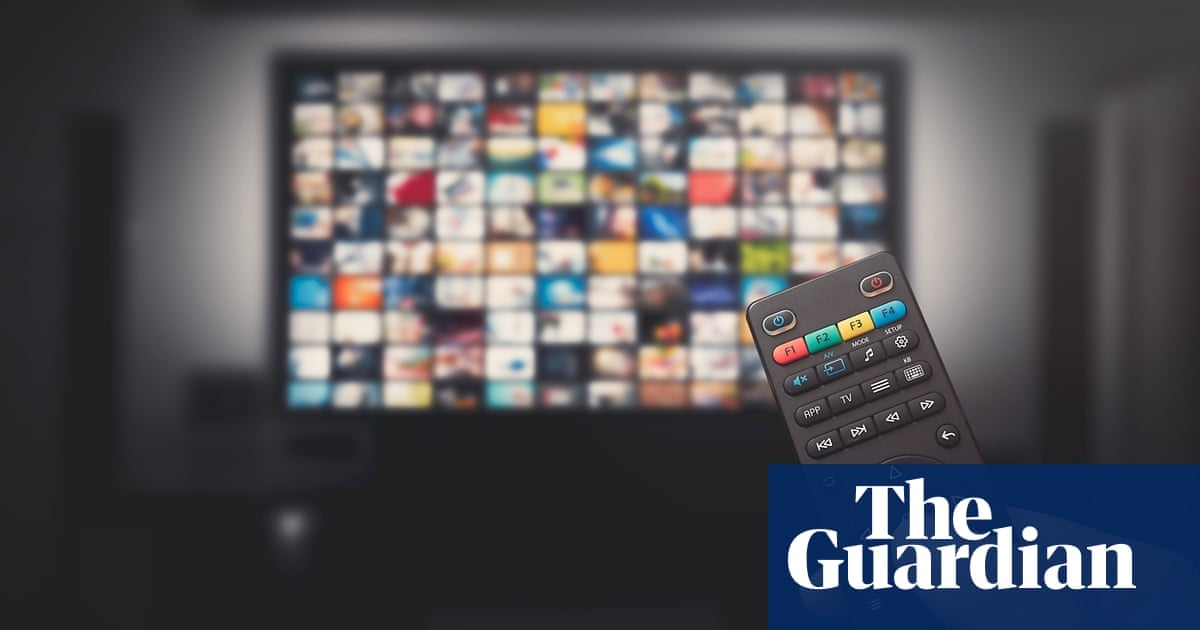*What rights do you have to the digital movies, TV shows and music you buy online? That question was on the minds of Telstra TV Box Office customers this month after the company announced it would shut down the service in June. Customers were told that unless they moved over to another service, Fetch, they would no longer be able to access the films and TV shows they had bought. *



They could offer a way to download a copy and steganographically tag it to hell with your id so that they know if you distribute it. You can “loan it out” by letting friends stream off your Plex or whatever. If you start selling that streaming service or it shows up in torrents, it has your ID on it.
Boom, you own it forever and you’re incentivized not to over share.
Or you know sell DRM free versions and let people do whatever, but that probably has a snowballs chance in hell.
If somebody gets access to your system, they could use that to blackmail you, and/or frame you for distributing said media.
“Give us $X, or we leak and distribute Y media on your behalf, and you will get sued by the corporate goons for shit loads of money”
The only real solution is to completely overhaul IP law, and/or nationalizing funding for the arts. If we’re gonna keep corps that own/produce media, then they should have a very short and limited amount of time to distribute it before it becomes common property of the people.
Your first proposal still falls victim to the fact that screen recording exists.
I literally watch TV through a capture card right now out of stubbornness and principle. Anything I want to record, I can just hit a button and safely keep. No DRM preventing me from taking screenshots, I can manipulate the picture to hide obnoxious graphics or ads (great for sports); the sense of control is extremely gratifying.
I just bought a 4k 60hz loopthrough usb3 card so I can start saving the media I want from the services I still subscribe to. What software do you use for recording?
I think I’ll try using OBS to capture a video tonight, granted its quality will be tied to the output but it requires no additional hardware. Then edit in DaVinci to get rid of the obvious mistakes i’ll make. I only have a 4070 ti super tho
The fingerprinting I’m talking about gets encoded in the screen recording too. Subtle pixel changes here or there over the entire length of the video. It’ll be lossy when it’s transcoded, but over the whole video it’s there enough times it won’t matter. Even scaling to lower quality won’t fix it and then it’ll also be lower quality.
It’ll be like DRM, there will be people trying to remove it like anything else. They’ll break one thing and another will come along. There would still be a black market, but most people can get an unrestricted copy in exchange for money so there’s one less reason to pirate.
Unless you’re actually pointing a camera at the screen, then OK, you do you.
Like every system? What’s the actual distinction you’re trying to point out?
Guy clearly never recorded music of off the RADIO!
Oh, the memories… but we were paying a slight copyright fee on every blank disk and tape purchased in those days, regardless of use.
I mean Amazon did this for their mp3s. It was literally just an id3 tag with a unique identifier. Not hard to remove but “good enough” to keep regular people from overly distributing it. You’ll never win against the real Pirate community no matter what you do, so just give people real incentive to buy and actually own.